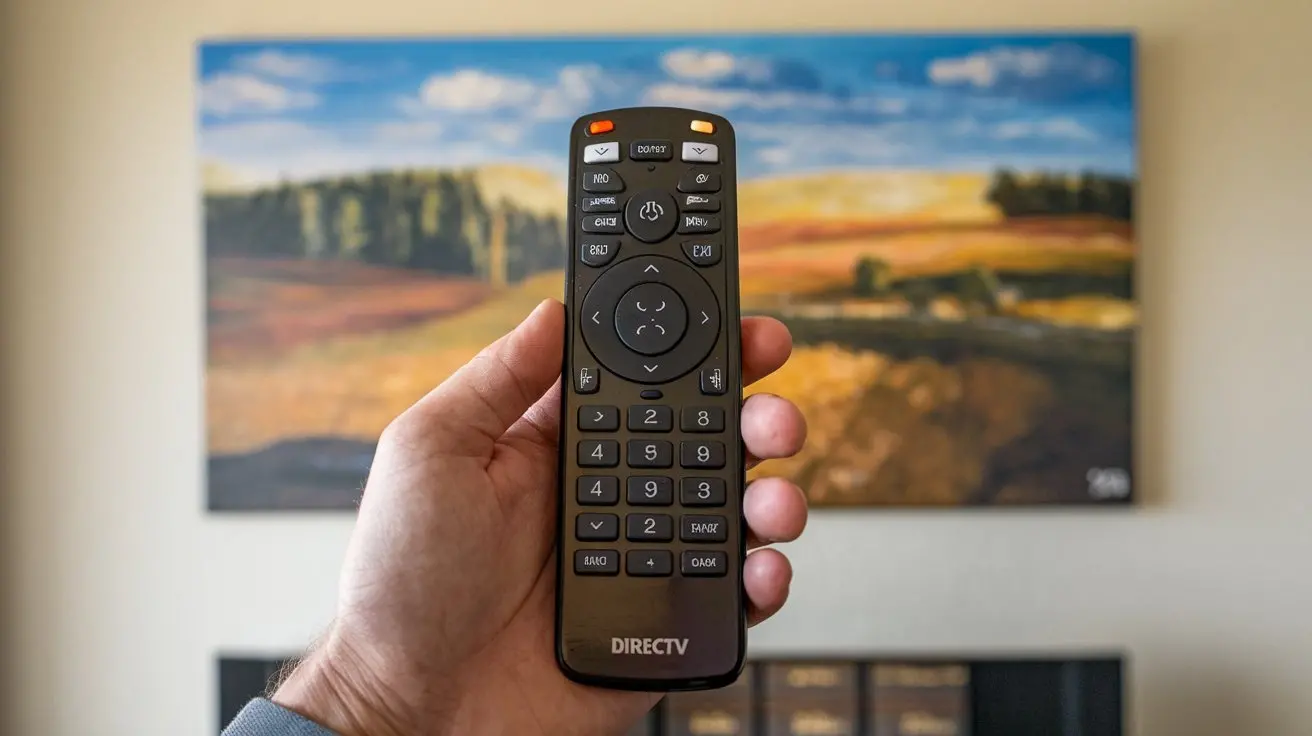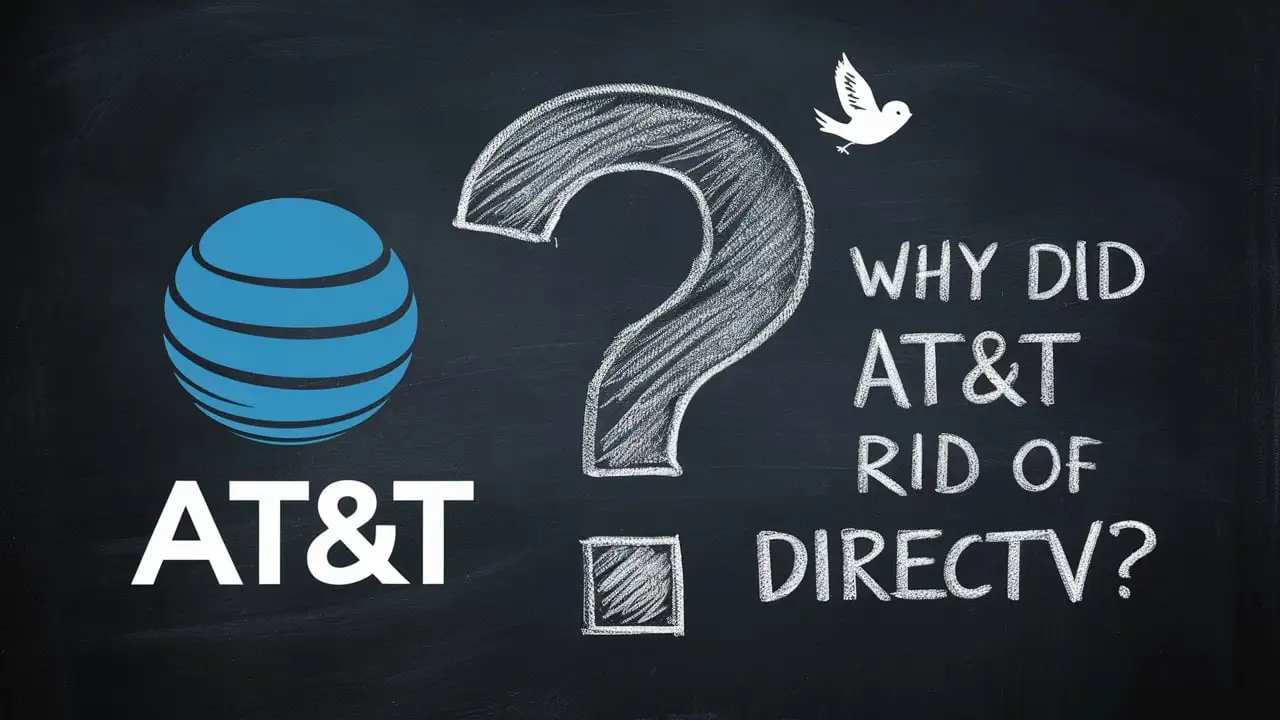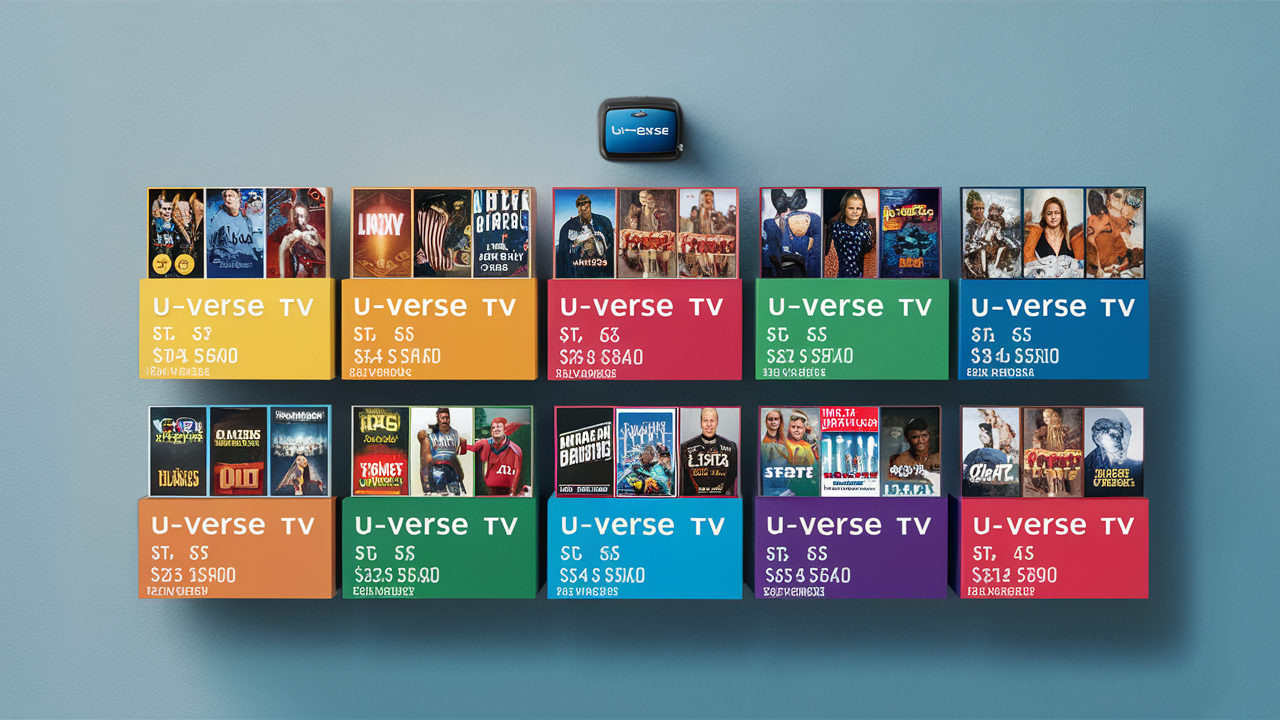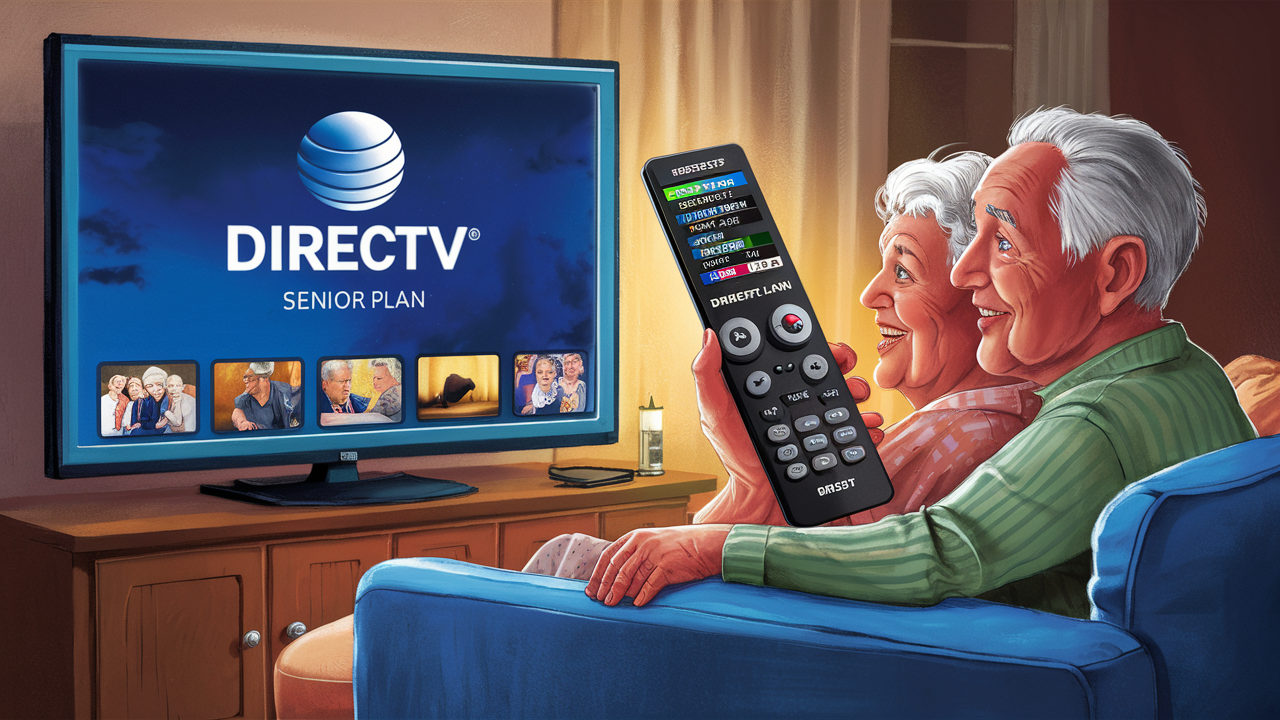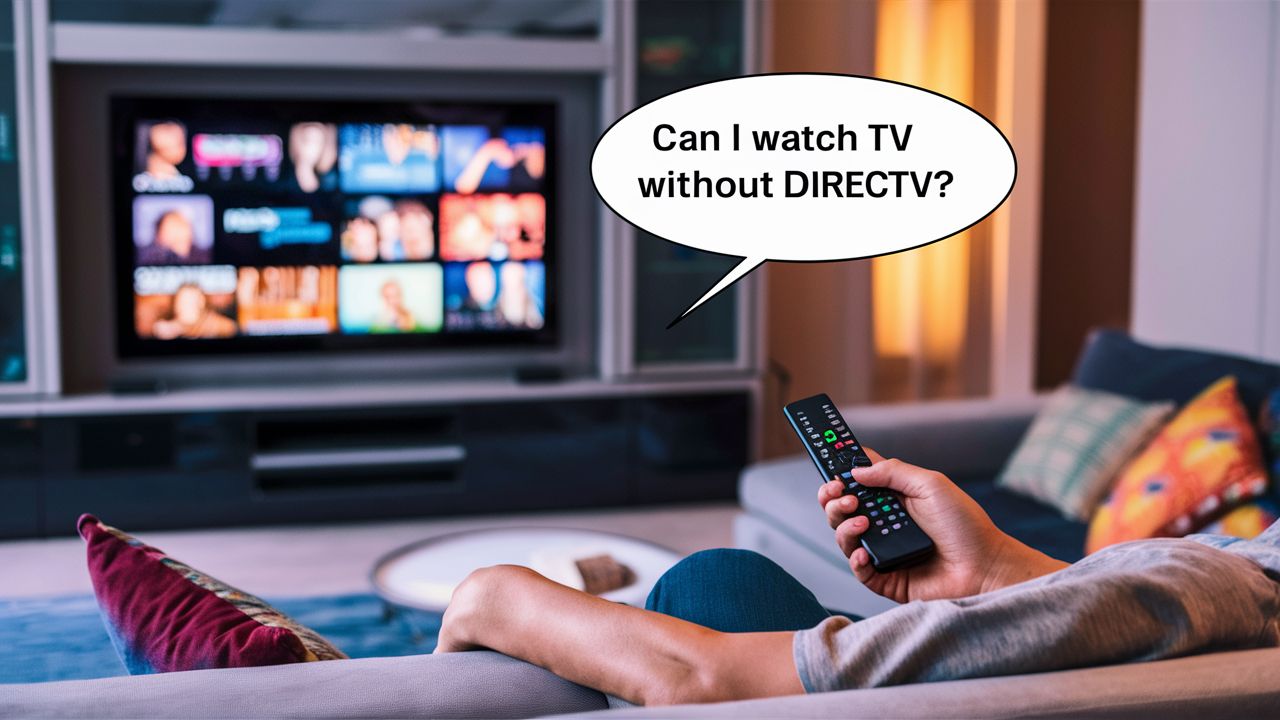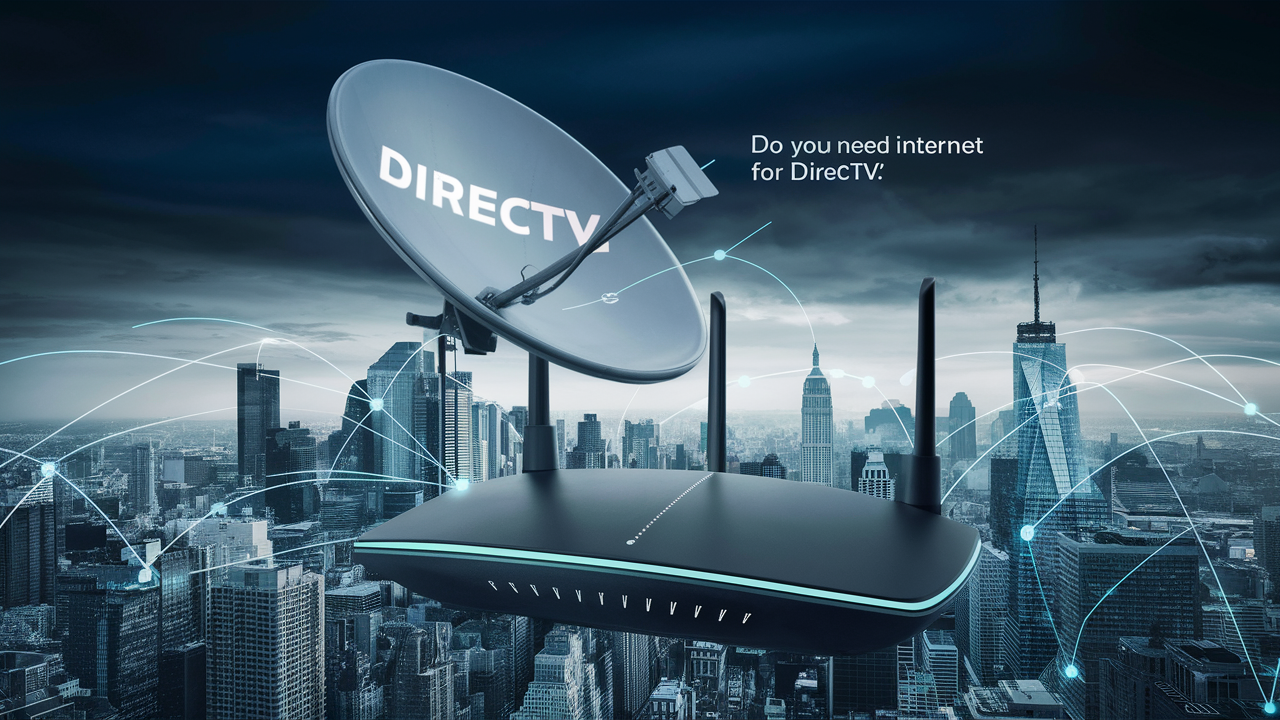Why is DirecTV now so expensive?
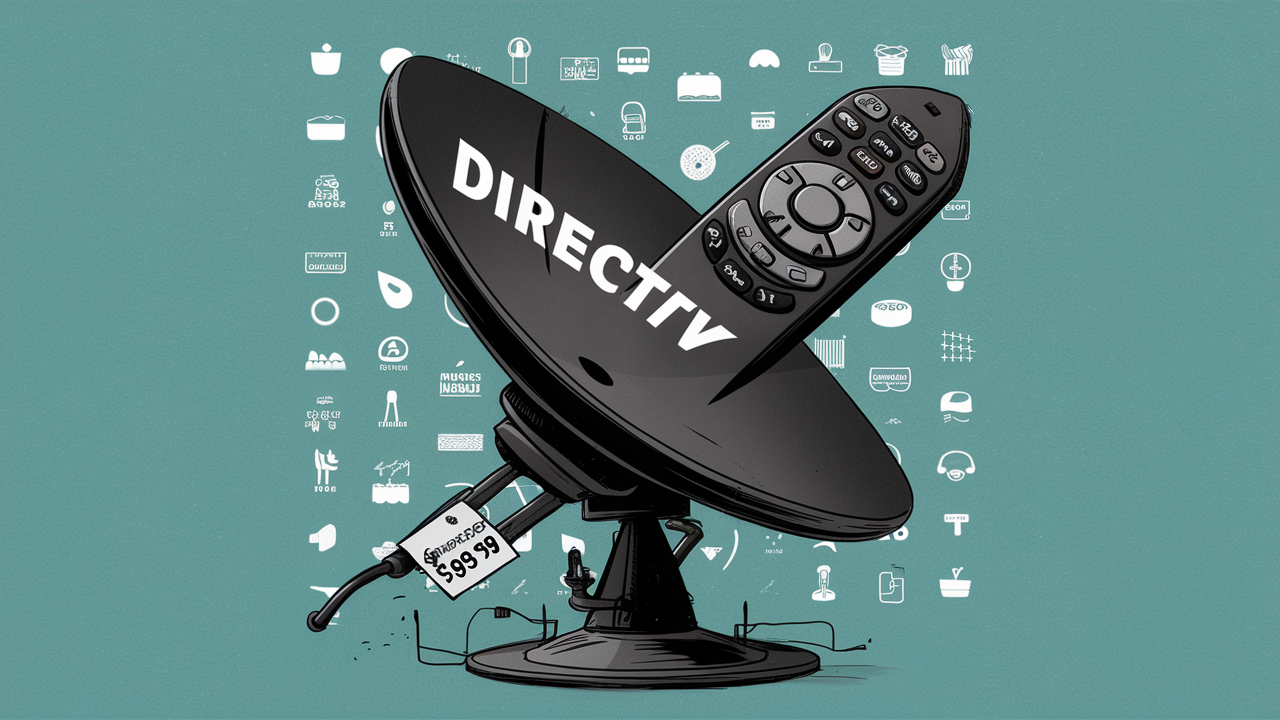
Is DirecTV being phased out?
DirecTV has been in the market as one of the most preferred satellite TV service providers in the United States since 1994. However, in recent years, many have started asking this question: Is DirecTV on the way out as streaming continues to rise and AT&T appears to be looking for a way to contain costs after buying DirecTV in 2015? But is DirecTV indeed getting gradually eliminated? Alright, let’s delve deeper into the matter.
The Rise of Streaming
Another major challenge to companies like DirecTV is video streaming internet service, as more and more people are shifting away from traditional cable networks. Platforms like Netflix, Hulu, Disney+ +, and Amazon Prime Video continue to sign more subscribers with their vast on-demand content, including movies, TV shows, and web series. Interestingly, a study that was conducted revealed that 31% of households in the United States have completely abandoned using cable/satellite TV and now rely solely on streaming.
The fact that streaming offers ease, cheaper monthly rates, no obligation as compared to traditional TV and locked-in contracts, and steep bills, can be persuasive for consumers. They believe that as streaming libraries grow while the pay-TV customer base shrinks, services such as DirecTV will be regarded as outdated.
AT&T and Cost-Cutting
Another thing that has contributed to the speculation that DirecTV was about to die was AT&T's ownership and its constant wish that it had to cut costs. The merger of AT&T and DirecTV happened in 2015 at $49 billion to link mobile, TV, and internet as a single bundle. However, this strategy has failed in most instances.
Cable networks sold by AT&T such as DirecTV have lost millions of subscribers and customers have also raised their concerns on issues such as being billed unfairly, poor service delivery, and high charges. At the same time, there has been a steady increase in content and programming expenses which has eroded the gross margins in DirecTV for AT&T.
AT&T has been facing a great deal of debt, which led it to sell some of its assets and seek measures to reduce DirecTV’s growth with steps that include limiting equipment upgrades. On the same note, some people are beginning to question whether AT&T is continually neglecting DirecTV, even though it is still considered a strategic business.
The Rise of 5G
Another factor has also been the change of strategy, where AT&T has recently shifted focus toward the further development of its 5G networks, and the role of DirecTV is also up for debate. The future strategy seems to focus on offering super-fast, 5G home internet and mobile networks, as is the case with AT&T. That they pour billions into 5G instead of modernising DirecTV’s satellite, which seems to be in dire need of an upgrade, is a shift of focus that diminishes the role of television.
Indeed, AT&T also intends live TV streaming packages over 5G which is a replication of most services provided by DirecTV. Analysts believe that AT&T will gradually push DirecTV clients to switch to co-branded live streaming platform, AT&T TV. Maintaining DirecTV satellite dishes for the few people who cannot access a proper home internet connection, for example, does not make as much fiscal sense in comparison.
Is DirecTV being phased out, or is this just a marketing strategy to popularize this service?
Although all these factors give fuel to the fire that DirecTV must be plotting the end of the satellite service, there is as yet no clear evidence that they are keen on making this a reality soon. Indeed, in 2019, the firm stated to the FCC its plans to maintain DirecTV as a going concern for the next decade.e More signals indicate that AT&T still has value in owning a satellite TV service, especially in rural areas that are not yet proficient in streaming.
Despite a subscription erosion trend and operational cutbacks, the company is not expected to fully shut down within the next couple of years. Gaining access to local channel packages also remains useful for rural Americans who still do not have dependable home internet. As for other establishments such as sports bars, hotels, and hospitals, among other facilities that use DirecTV as their source of programming, eradicating satellite would lead to the loss of business.
Nevertheless, the question is whether DirecTV can continue to operate stably in the long term with the rise of streaming services. Despite AT&T publicly claiming to want to maintain the DirecTV brand intact, it is evident that their real priority is streaming and mobile 5G more than anything else. If those alternatives take off, supporting an aging satellite infrastructure that loses customers is not only unattractive, but it may not make financial sense at all. The money that used to be channeled towards supporting it will be channeled to other activities.
However, what was once a cultural powerhouse like DirecTV is not being suddenly shut down today, but its role in AT&T’s plan of development is questionable at best. From downscaling, the goal could naturally progress to a full phase-out over this decade unless the strategic value of Coalbrookdale somehow revives again. It might just be a question of how soon subscriptions get canceled, which is probably when streaming and 5G alternatives develop to provide like-for-like with DirecTV’s value.
Upgrade to faster, more reliable AT&T Fiber Internet today! Call us at +1 844-905-5002 and get connected with speeds that keep you ahead.
